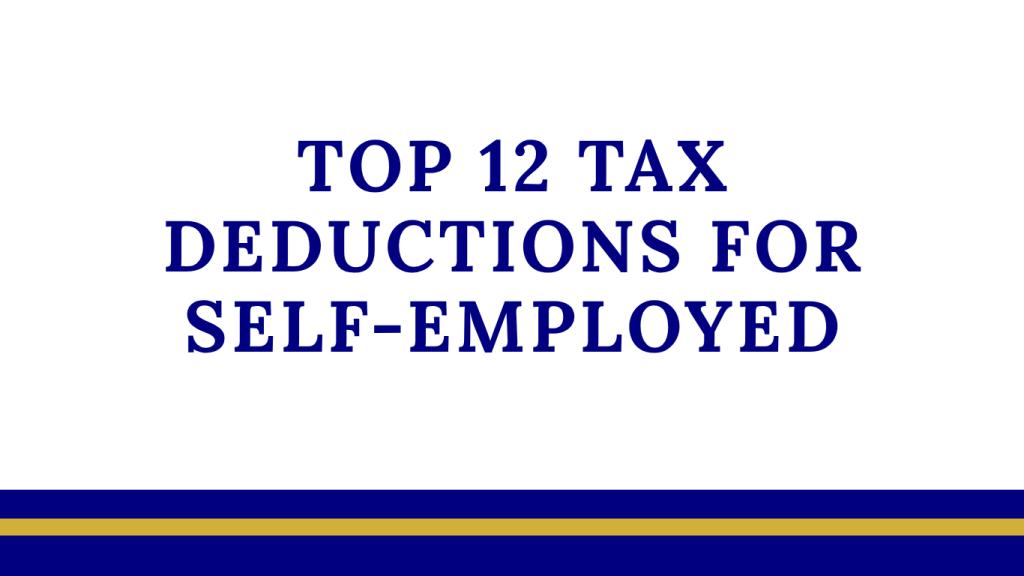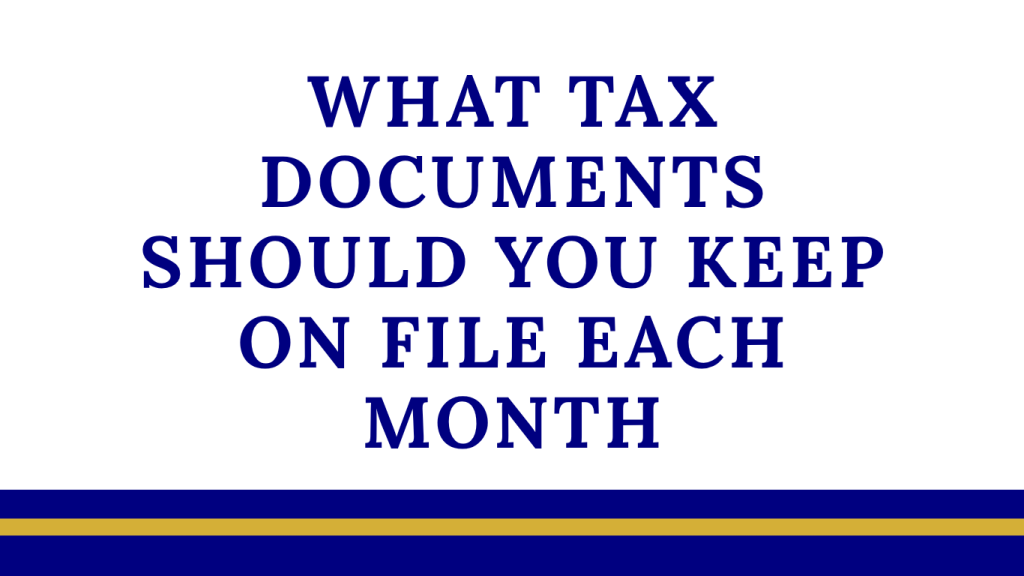Many people miss out on valuable tax deductions simply because they don’t have the right documentation when it’s time to file. Whether you’re tracking medical bills, charitable donations, or education expenses, keeping the proper records on hand can make a big difference in your final tax bill.
Deductions help lower your taxable income, but the IRS requires you to prove what you paid—and that it qualifies. Staying organized throughout the year ensures that when it’s time to claim those deductions, you have the evidence to back it up.
Here are some of the key deduction-related documents to save each year:
- Records of child care costs, including the provider’s name, address, tax ID number, and the total amount you paid
- Forms 1098-T and receipts for education expenses like tuition, books, and required fees
- Documentation of adoption costs, including the child’s Social Security number, legal and court fees, medical expenses, and travel costs
- Form 1098 from your mortgage lender showing home mortgage interest and points paid
- Records of investment interest expense (interest paid on money borrowed to invest)
- Receipts for charitable donations—both cash and non-cash—including the value of donated property, mileage driven for charitable purposes, and any out-of-pocket costs
- Documentation for casualty and theft losses, including the amount of damage, dates, and any insurance reimbursement received
- Receipts and statements for medical and dental expenses that weren’t covered by insurance
Keeping these documents updated month by month helps you avoid a scramble at tax time and ensures you don’t leave money on the table. Deductions can have a real impact on what you owe—or what you get back—so it’s worth putting a simple system in place now to track them as they happen.



